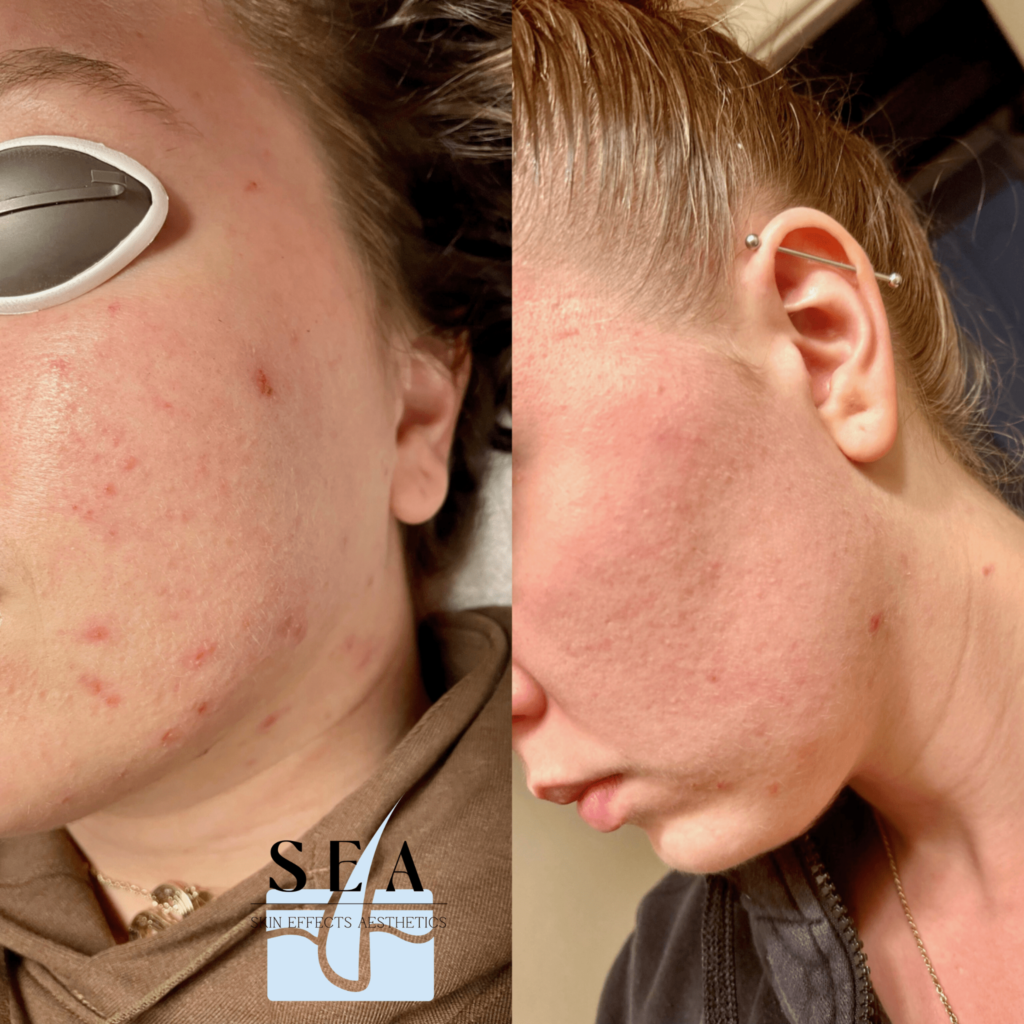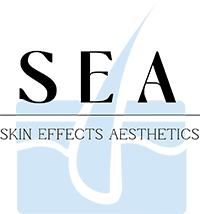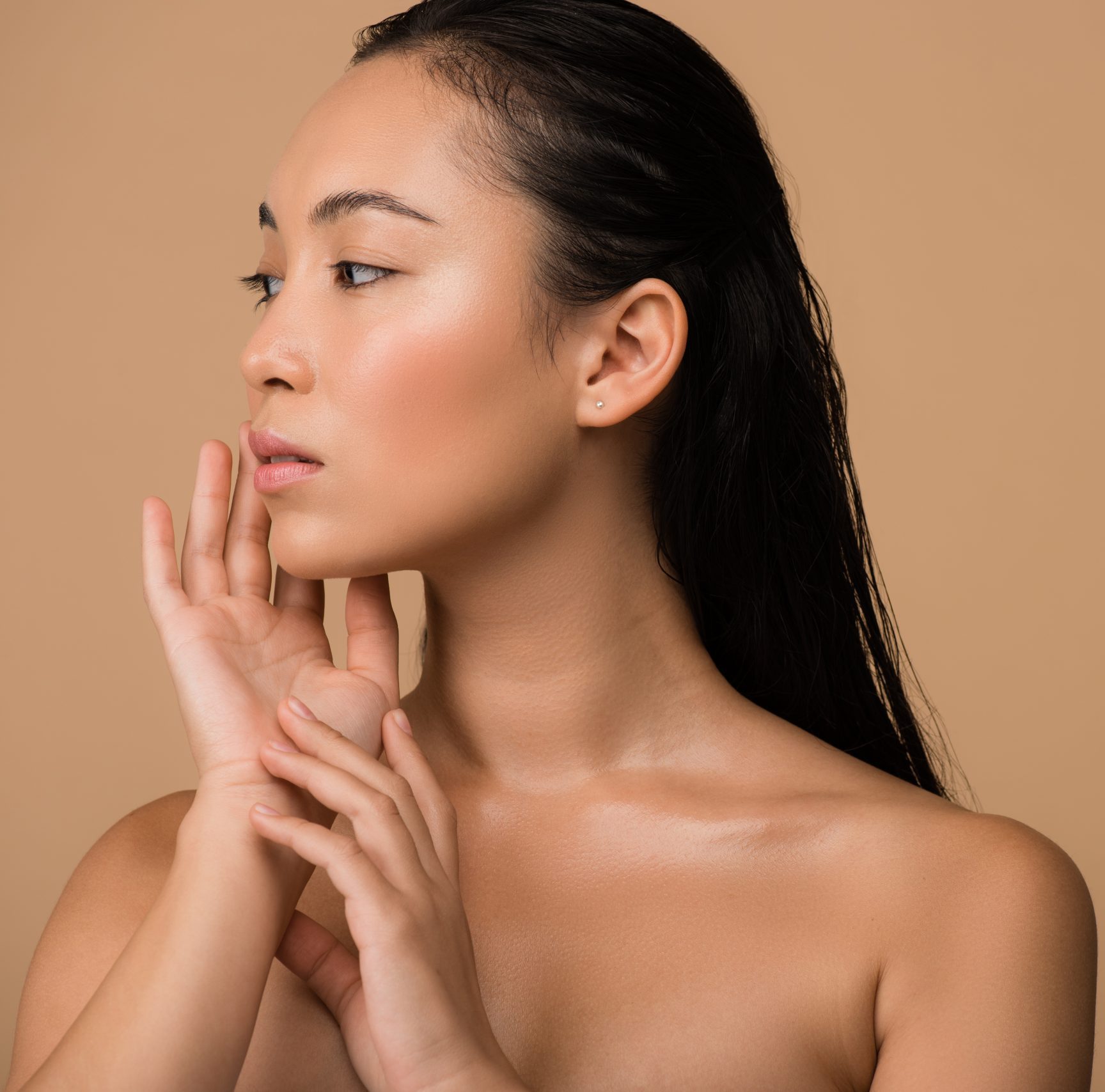Laser Acne Treatment
When acne gets out of control your self-confidence can plummet with every outbreak. When the condition is aggressive, repeated and overlapping outbreaks can cause acne scars. These can add pits and red discolouration that persists long after outbreaks subside.
Lasers have been touted as a treatment for both active acne outbreaks and residual acne scars. If you’re suffering from either condition or both, it may sound too good to be true, that laser light energy can easily and non-invasively correct each issue.
Yet, both treatments show tremendous promise. As with many medical treatments, individual results vary, based on the extent and severity of your particular acne condition, but lasers are an effective addition to the treatment arsenal.

How acne affects your skin
When your skin produces an excess of oil, sufficient to build up in and block skin pores, you’re at risk of developing acne. However, skin oils aren’t the only contributor. Your skin constantly renews itself, shedding dead cells as new tissue grows. When oily skin conditions trap these dead cells, acne can be aggravated.
A type of hormone called androgens also contributes one reason why acne disproportionately affects teens, who undergo tremendous hormone activity during puberty. Until their bodies settle on a hormone balance, excess androgen activity also contributes.
Clogged pores are an excellent incubator for bacteria, creating the whiteheads, blackheads, and cyst-like bumps. When new outbreaks start at or near the site of healing pores, underlying skin tissue may be permanently damaged, creating the pitting and redness associated with acne scars.
Treating active acne with lasers
When your acne is active, you’re experiencing the clogged pores and bacterial growth that produces the pimples associated with the condition. Though bacteria are responsible for the mini-infections inside pimples, no amount of hygiene seems to affect the acne activity, since the bacteria are well-protected within the pores.
Laser therapy targets these bacteria through the skin since the tightly focused light of lasers can penetrate outer skin layers without damage. This energy can, however, damage bacteria walls when it’s absorbed, effectively killing off some of the bacteria. With less active bacteria, your body’s healing systems can make headway against the acne reactions.
Lasers are also thought to reduce the amount of sebum, or skin oils, present on your face. Reduced sebum generally means less acne. Since acne is an inflammatory action, the anti-inflammatory properties of laser light may also play a role in reducing the severity of outbreaks.

